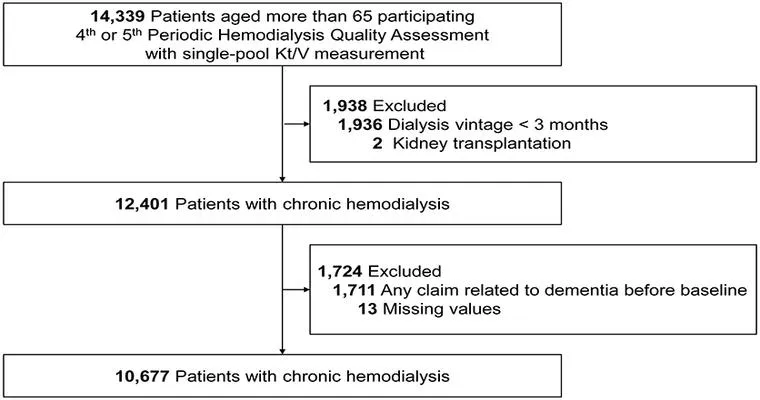Caring for a "hemo dialysis patient with early dementia" presents unique challenges that require specialized knowledge and compassion. As the prevalence of both chronic kidney disease and dementia increases, many caregivers find themselves navigating the complexities of these two significant health issues. Understanding how to effectively support a patient undergoing "hemo dialysis" while also managing the symptoms of "early dementia" is crucial for ensuring their well-being and quality of life.
Understanding Hemo Dialysis and Early Dementia
"Hemo dialysis" is a life-sustaining treatment for patients with severe kidney dysfunction. It involves filtering waste and excess fluids from the blood using a machine, typically performed three times a week. On the other hand, "early dementia" can affect a person's memory, thinking, and ability to perform daily activities. When these two conditions coexist, caregivers must adapt their strategies to meet the patient’s changing needs.
Challenges Faced by Caregivers
Caregivers of "hemo dialysis patients with early dementia" often encounter several challenges, including:
1. "Communication Difficulties": Patients with early dementia may struggle to express their needs or understand instructions, making it essential for caregivers to use clear and simple language.
2. "Routine Management": Establishing a consistent routine for dialysis sessions and daily activities can help reduce confusion and anxiety for the patient.
3. "Emotional Support": Patients may experience feelings of frustration or sadness due to their health conditions. Providing emotional support and encouraging social interaction can help improve their overall mood.
4. "Medication Management": Patients often require multiple medications for both kidney health and cognitive function. Caregivers must ensure that medications are taken correctly and on time.
Strategies for Effective Care
To provide effective care for a "hemo dialysis patient with early dementia", consider implementing the following strategies:
1. "Create a Structured Schedule": Establish a daily routine that includes dialysis appointments, meals, and recreational activities. Consistency can help reduce anxiety and confusion.
2. "Use Visual Aids": Visual reminders, such as calendars or charts, can assist patients in understanding their treatment schedule and daily tasks.
3. "Engage in Cognitive Activities": Encourage activities that stimulate cognitive function, such as puzzles, reading, or listening to music. These activities can help maintain mental engagement.
4. "Communicate with the Healthcare Team": Regularly communicate with healthcare providers about the patient’s condition and any changes in behavior. This collaboration can lead to better management of both kidney and cognitive health.
5. "Seek Support Groups": Connecting with other caregivers who are managing similar situations can provide valuable insights and emotional support. Many organizations offer resources for caregivers of patients with dementia and chronic illnesses.
Conclusion
Navigating the complexities of caring for a "hemo dialysis patient with early dementia" requires patience, understanding, and effective communication. By implementing structured routines, utilizing visual aids, and engaging in cognitive activities, caregivers can significantly improve the quality of life for these patients. Moreover, connecting with support groups and staying in touch with healthcare professionals can enhance the caregiving experience. If you or someone you know is facing this situation, sharing experiences and strategies can be incredibly beneficial for everyone involved.





